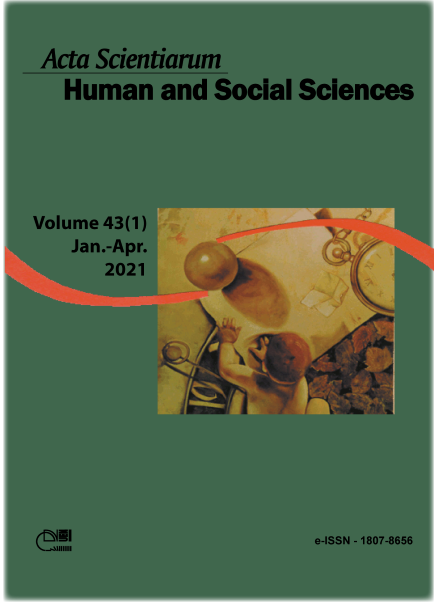Teaching a problem in Philosophy of Science: empirical underdetermination
Abstract
The teaching of Philosophy of Sciences is an area of interest in its own right, and it presents challenges related to the diversity of our students, the training and approaches we adopt as teachers, and the fact that philosophy and scientific education do not always coincide in their purposes and methods. In addition, it implies asking ourselves about broader questions, such as the definition of the discipline itself and what kind of link exists between philosophy and science. In this work, I propose to analyze some of these difficulties, and I offer some criteria to alleviate them based on a specific problem in Philosophy of Sciences: the underdetermination of theory by data (UTD). I will argue that, based on the study of this case, it is possible to provide some guidelines for a teaching of the Philosophy of Sciences that (a) contribute to satisfying the interests and needs of its addressees, that (b) is viable according to the training of the teachers of the subjects related to Philosophy of Sciences, whether they have a solid philosophical background or not, and (c) makes possible a critical-problematic approach of its contents, rather than an historical one.
Downloads
DECLARATION OF ORIGINALITY AND COPYRIGHTS
I Declare that current article is original and has not been submitted for publication, in part or in whole, to any other national or international journal.
The copyrights belong exclusively to the authors. Published content is licensed under Creative Commons Attribution 4.0 (CC BY 4.0) guidelines, which allows sharing (copy and distribution of the material in any medium or format) and adaptation (remix, transform, and build upon the material) for any purpose, even commercially, under the terms of attribution.
Read this link for further information on how to use CC BY 4.0 properly.
























